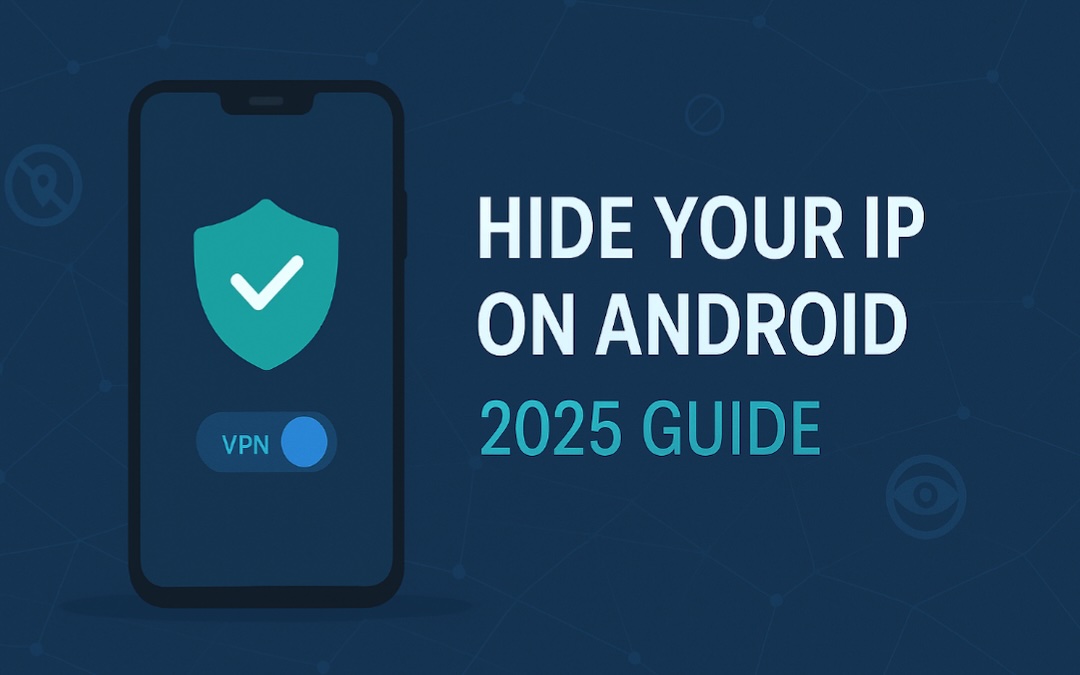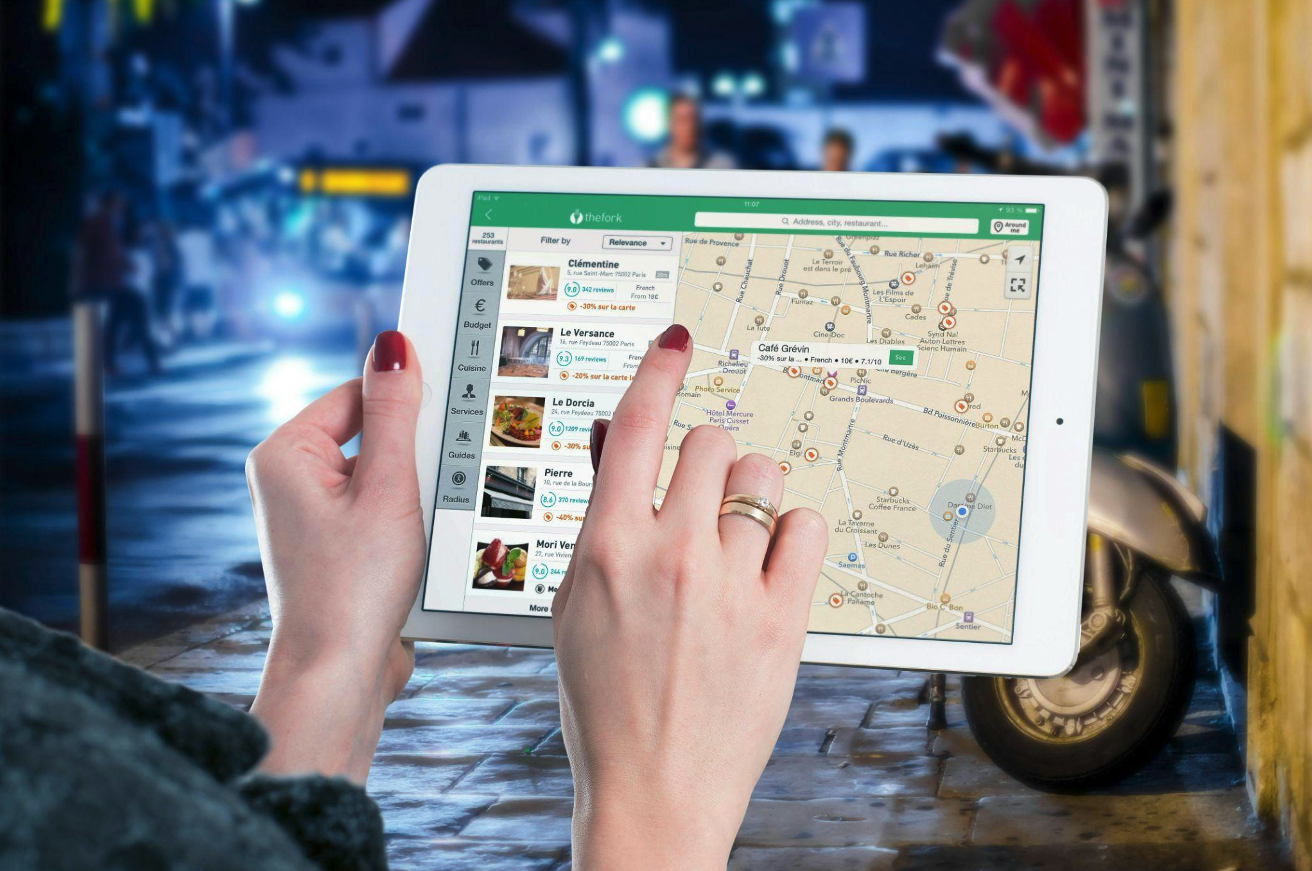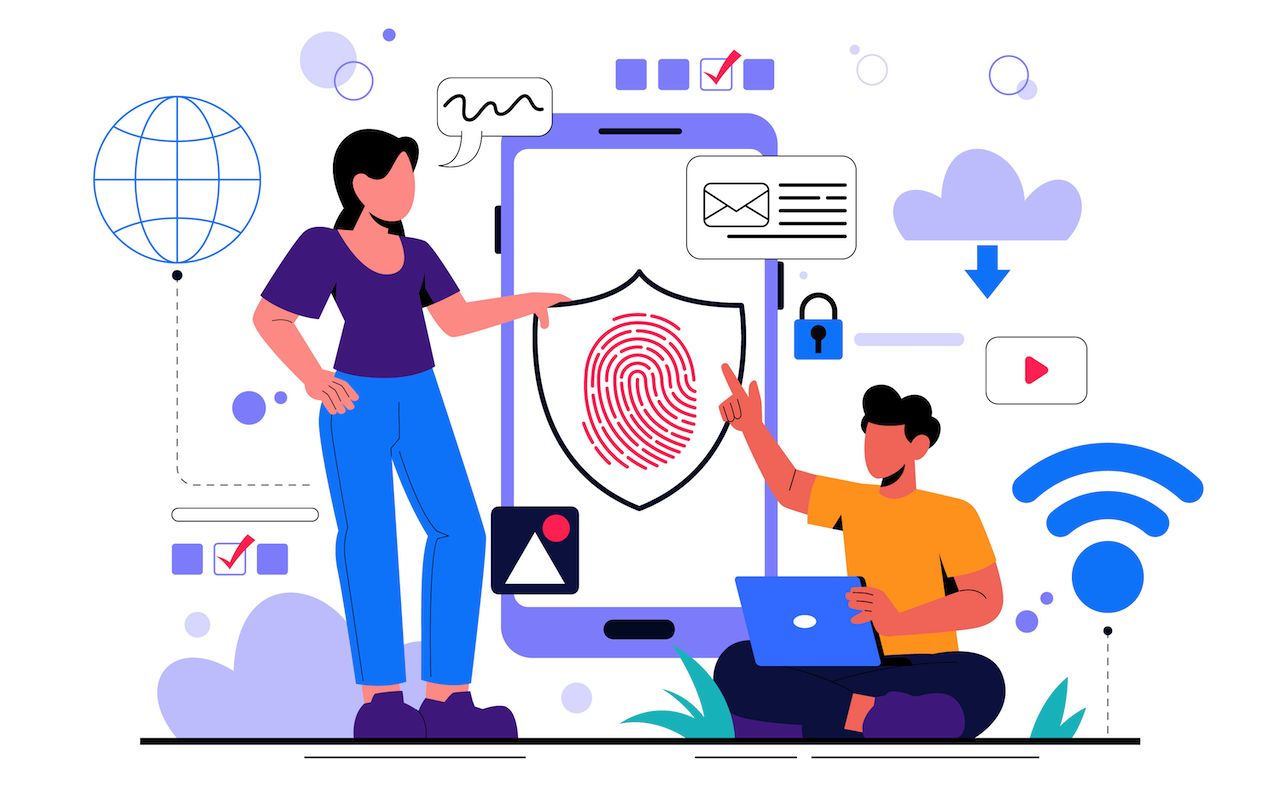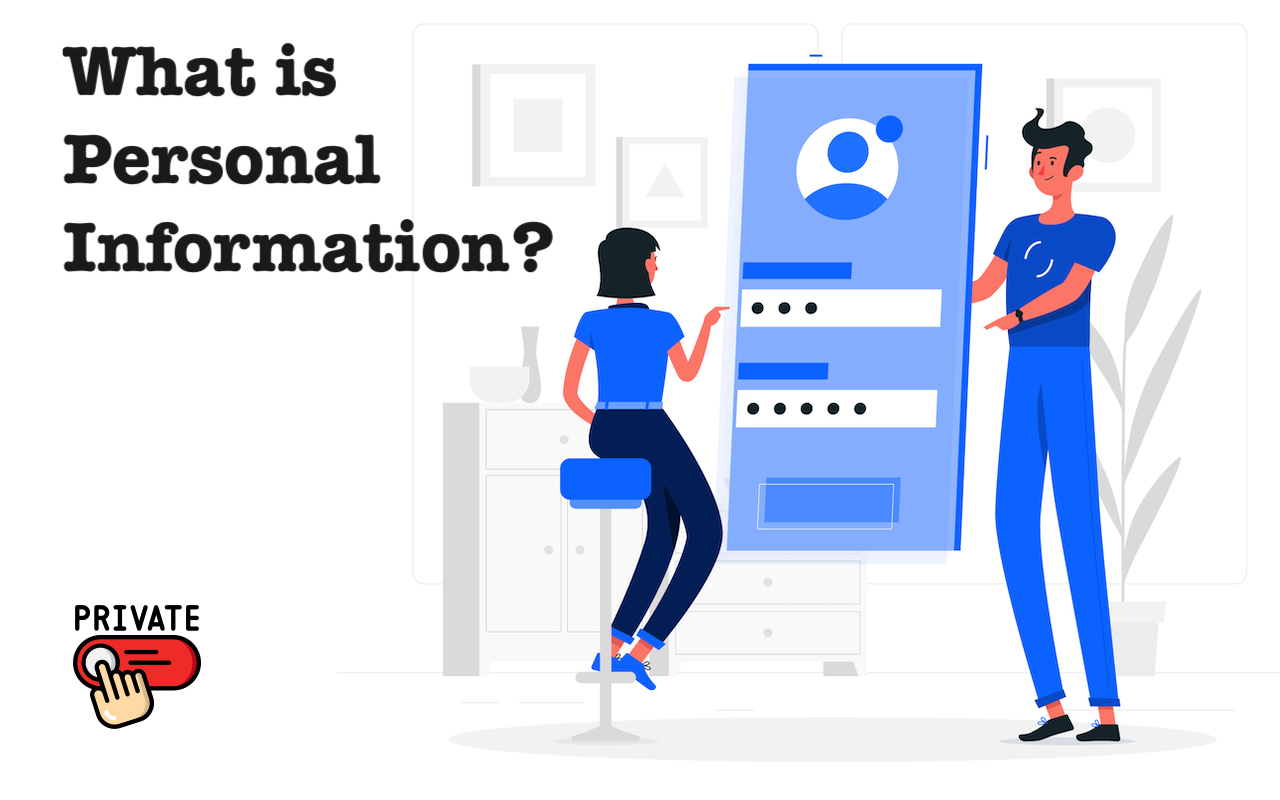
In today’s digital world, your phone is much more than a communication device. It's your wallet, your photo album, your search engine, and, perhaps most alarmingly, your tracker. Whether you realize it or not, your smartphone is constantly collecting data about your whereabouts — often with your permission, and sometimes without your full understanding. This article takes a close look at how location tracking works, who has access to it, how it can be used (and misused), and how you can protect yourself from unwanted surveillance.









